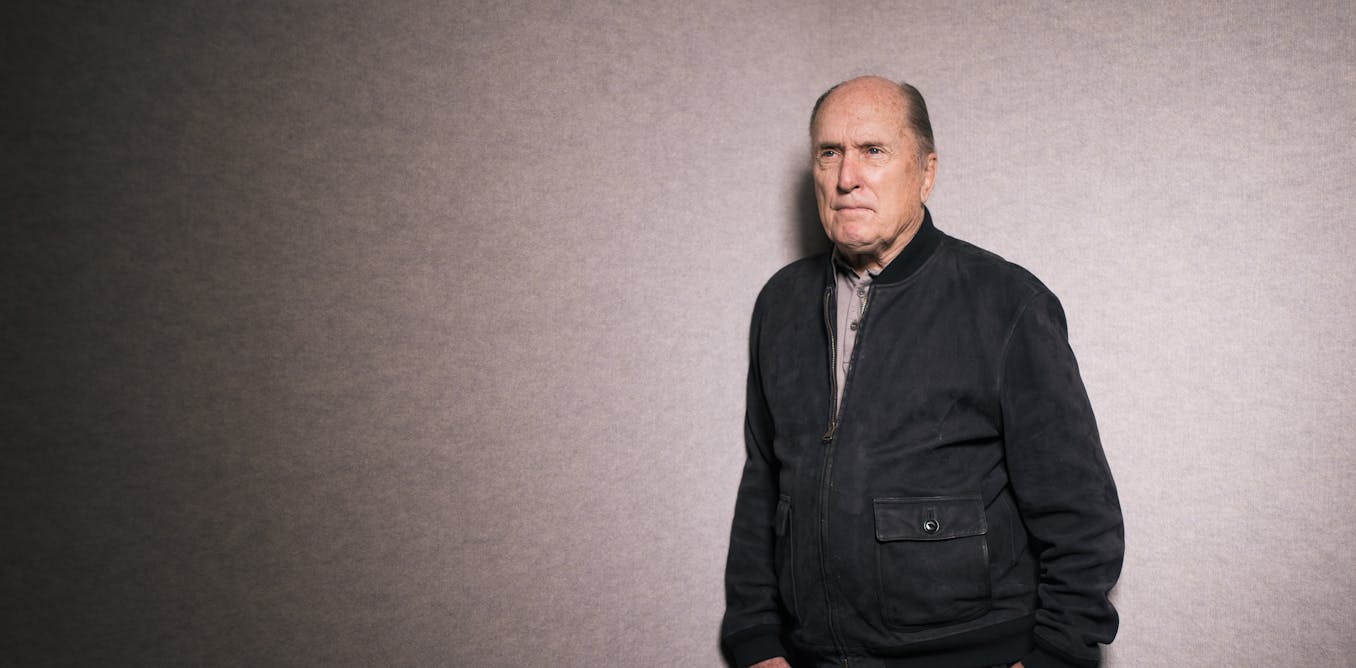Is it egotistical to think your prayers will be answered or that what you wish for will come true?
Contents– Anusha, US
It’s 1590, and two armies stand in the fields just outside Ivry in France. Both armies are a rag-tag shamble of children, old men, cripples, and foreign mercenaries. After 30 years of civil war, that’s all that’s left. In this latest, macabre chapter of the French Wars of Religion, priests walk up and down the lines. They tell everyone standing that “God blesses you,” “This is all for God,” and, most importantly of all, “Please God, give us victory this day.” Protestants and Catholics are praying to the same God to give them both victory. God will have to disappoint a lot of people.
“Petitionary prayer” is the idea that worshippers can ask for certain boons or benefits from their deity. Conflicting petitions and contradictory requests are one problem. But it’s also a shallow one. For most believers, religion is not about intercessory perks. For monotheists, especially, God is not a vending machine, and He’s thought to have far more wisdom in his omniscience than to give out sweets like an overindulgent grandma at Christmas.
Anusha’s question, though, is about a deeper issue in the philosophy of religion. It makes camp at the nexus between philosophy, history, and human psychology, centering on the purpose of religion in people’s lives. So, to answer whether prayer is fundamentally egotistical, we’ll look at the psychoanalyst Sigmund Freud and the German theologian Friedrich Heiler at this week’s seminary.
Freud: In desperate times, we need help from the gods
According to Freud, the earliest motivation humans had to create religion was fear. It is not simply a fear of death but rather a fear of the great, powerful forces of nature. Strange animals prowling in the dark, torrential monsoon rains, or the life-sapping cold of winter are dangerous in their own right. For our earliest ancestors, nature was not a stroll in the woods. It wasn’t a good day out and good for your mental health; it was a terrible, fearful place of shadows and forces that could obliterate us.
So, what we did was create gods. We threw light into the darkness and rationalized the irrational. We gave nature a personality with whom we could beg, worship, and negotiate. Lightning storms were still terrifying, but suddenly there was a reason behind them — a motivation. A bad crop was still lethal, but at least we could do something about it by praying to some kind of fertility deity.
For Freud, petitionary prayer lies in the most basic principles of religion: We can imagine ourselves taking control over nature via God. Freud was a psychologist, but there is some anthropological and theological heft to his point. Almost all ancient religions featured some kind of petitionary prayer and votive offerings (like sacrifices). The Ewe people of Ghana are known to pray to a river spirit for clothes and cowry shells and to another spirit for the punishment of those who have wronged them. The chief of the Adivasi in India will pray during a drought, asking the gods to send rain and save them from starvation. The Israelites initially worshipped Yahweh because he proved his expertise in war, but when they settled in Canaan, they turned to the cult of Baal, who was believed to have made the crops grow from time immemorial.
For Freud and many early religions, petitionary prayer is not so much “egotistical” as structural to the entire point of religion in the first place.
Heiler: True religion is about being ego-less
In his 1932 book Prayer, the theologian Heiler looked at all the major religions and a huge swathe of anthropological data to identify seven different types of prayer, of which petitionary prayer is one. Heiler admits that “the heart of all prayer is petition,” but he also argues it’s an earlier and more basic example of worship. Heiler calls it “primitive” because petitionary prayer is most often about asking for things that are “useful or contribute to personal happiness. Even when [a worshipper] prays for things of aesthetical or social value, as he sometimes does, there will be found in his prayer a touch of selfish hedonism.”
For Heiler, the mark of a more advanced religion and a more sophisticated disciple is when prayer involves humility and worship. As he puts it, “The devotional temper of prayer to the Lord is quite different. Humility and fear fill him who prays. He is penetrated with the greatness and power of the Lord, crushed with a feeling of absolute dependence.” Of course, Heiler’s book is couched in the language of his own 1930s German Protestantism, but the idea that humility lies at the heart of all religions is a common one. All major religious traditions prominently feature a strain of humility.
To directly answer Anusha, if you thought you deserved or were entitled to some kind of answer to your prayers, then yes, that would be egotistical and antithetical to Heiler’s version of a developed religion. For Heiler and many theologians, true prayer is egoless. It’s submission and losing yourself in something bigger.
Not all prayers
In some ways, there’s not too much conflict between Freud and Heiler’s arguments. In fact, they could even be seen as complimentary. We could argue that the earliest motivations of humans to turn to religion were born of fear and the need for petitionary power over nature, but that this is not the purpose of most religions today. While we almost certainly would not use the language of “primitive man” that Heiler uses, we could make a case that some forms of worship do heavily depend on petition. Even the philosopher William James, a believer, was aware that the success of faith depended on how much it helped us in our lives.
For my own part, I’m sympathetic toward Heiler’s position. I would argue that if someone only prayed for their own benefit — for “selfish hedonism” — then that does seem egotistical and, therefore, worse off for it. But I would be seriously surprised if this is the majority case. I’d be surprised if it were even the case for anyone who has paused to reflect on their own beliefs. First, petitionary prayer on behalf of someone else, as in “I pray my granddad gets better,” is certainly not egotistical, and many prayers are not petitionary. They’re devotional, ritual, social, meditative, and so on.
So, no, Anusha, “thinking your prayers will be answered” is not always, or even mostly, egotistical.
This article Everyday Philosophy: Is praying fundamentally egotistical? is featured on Big Think.

The post “Everyday Philosophy: Is praying fundamentally egotistical?” by Jonny Thomson was published on 06/07/2024 by bigthink.com



































